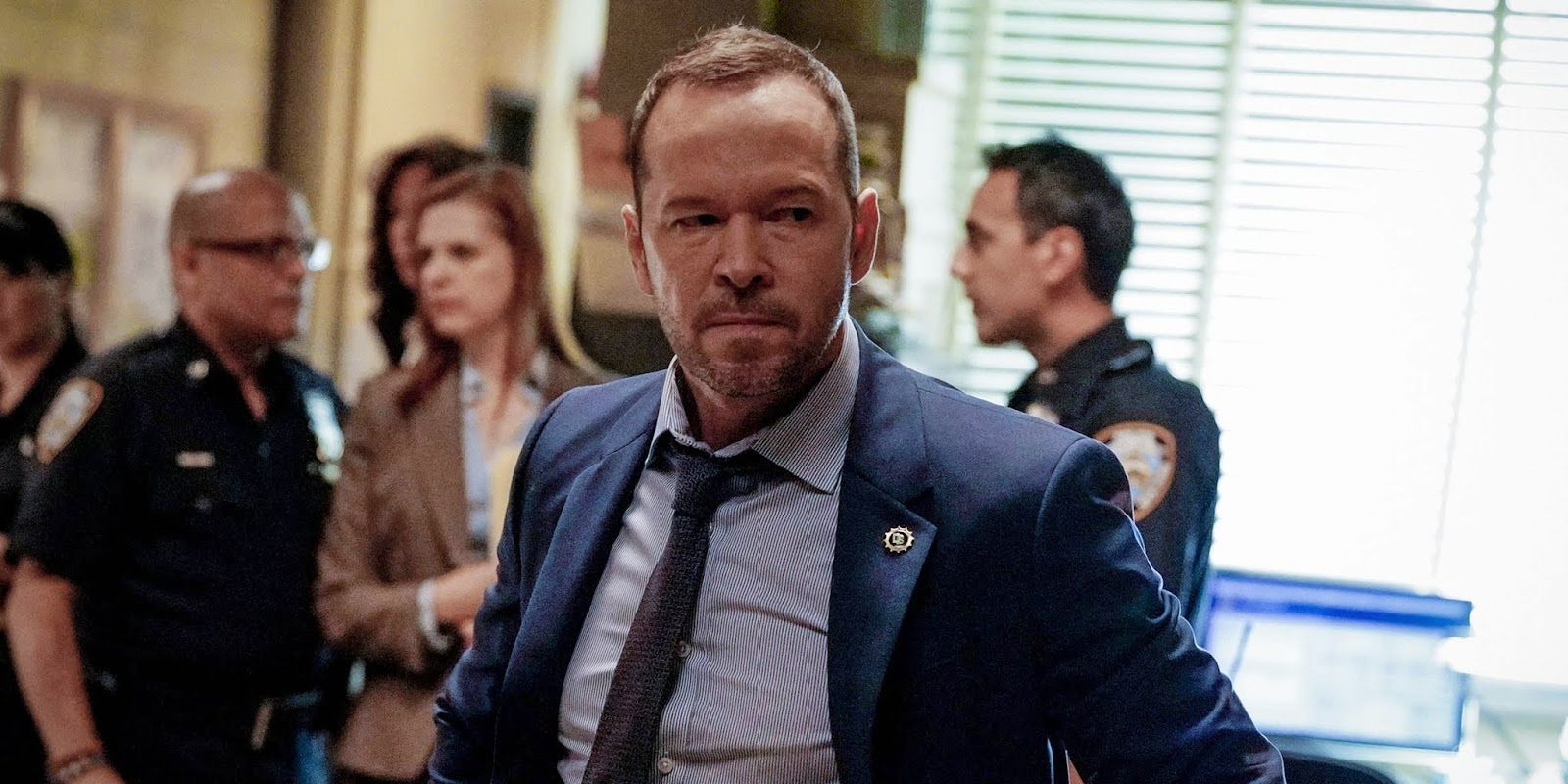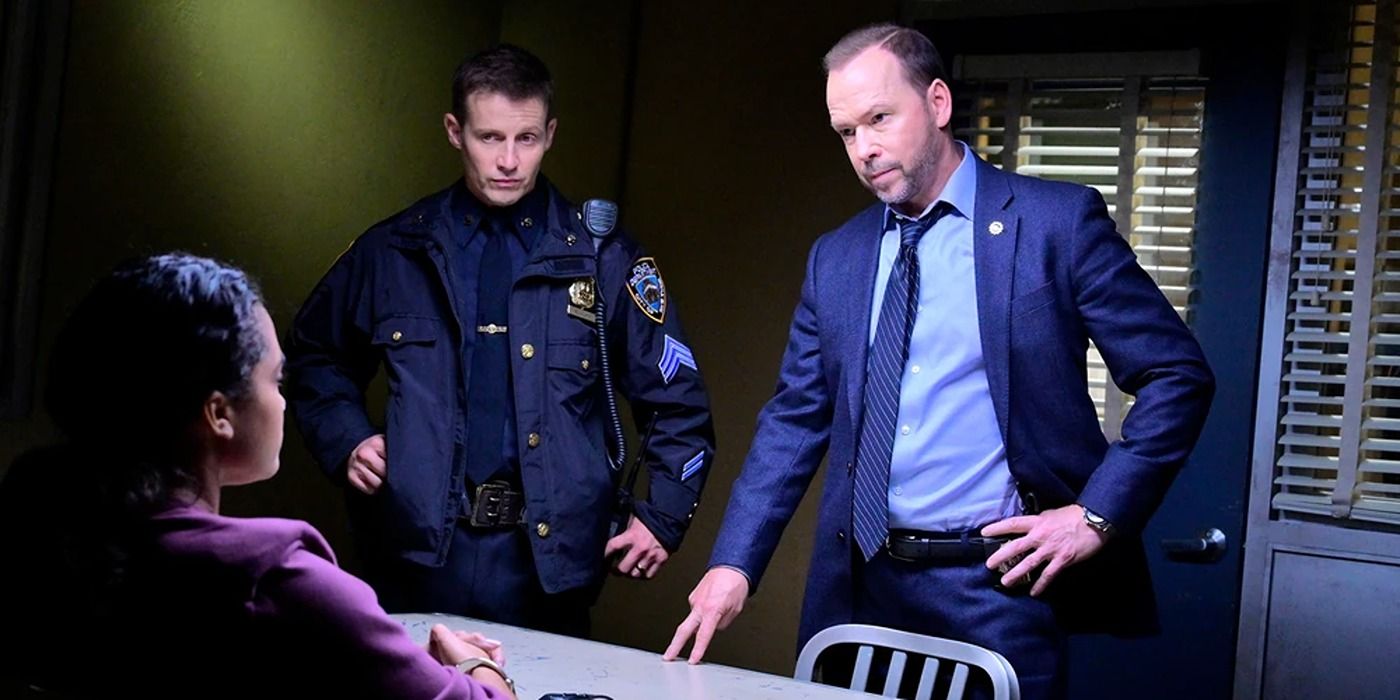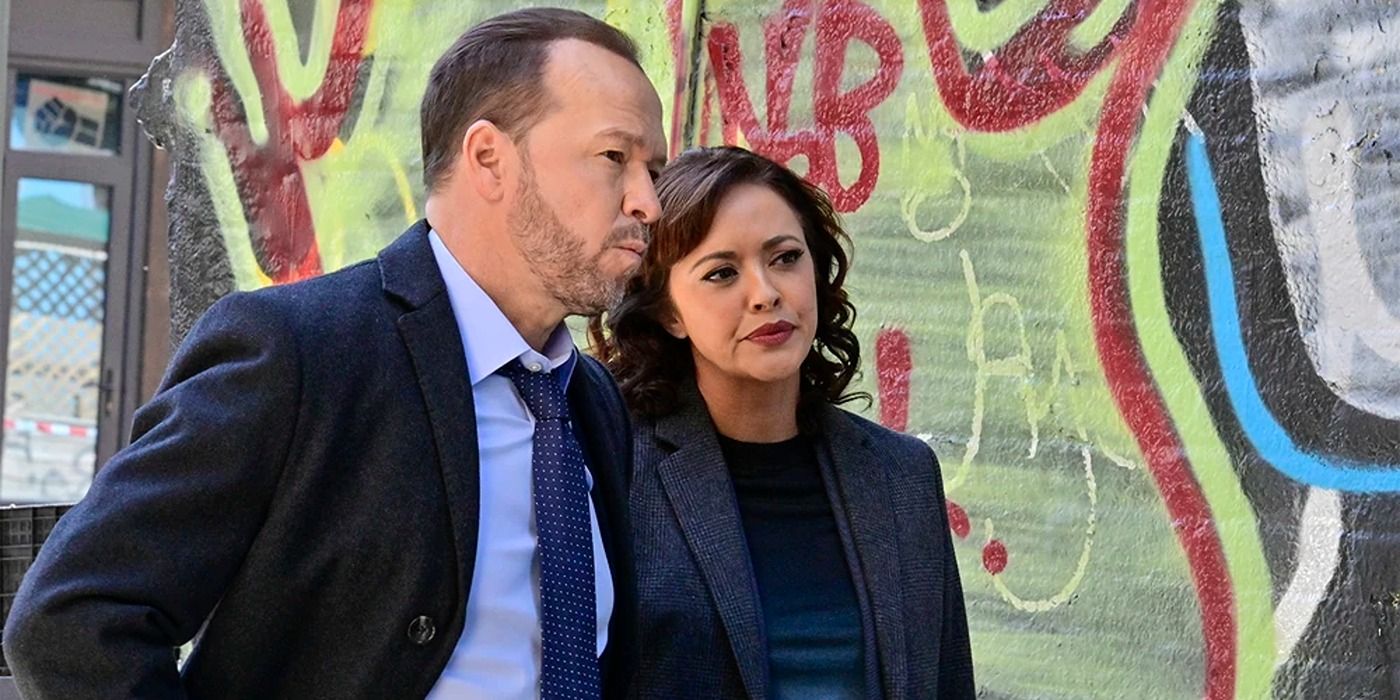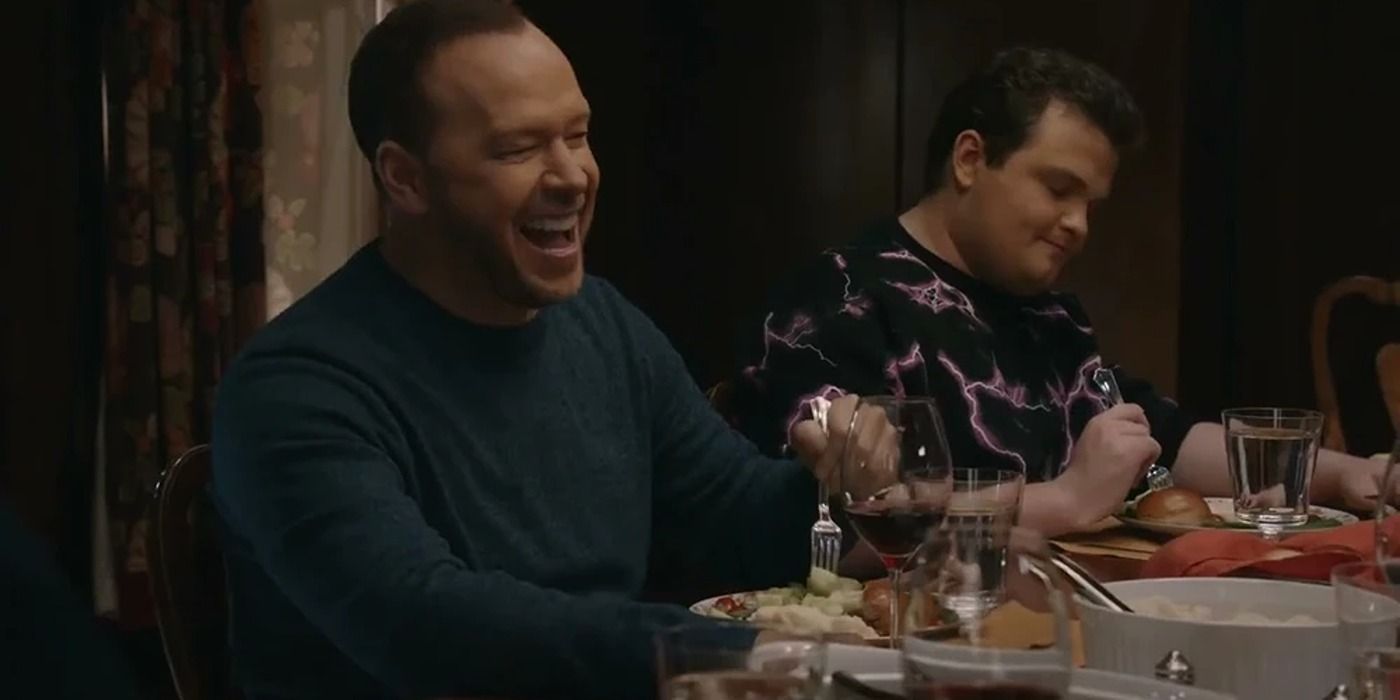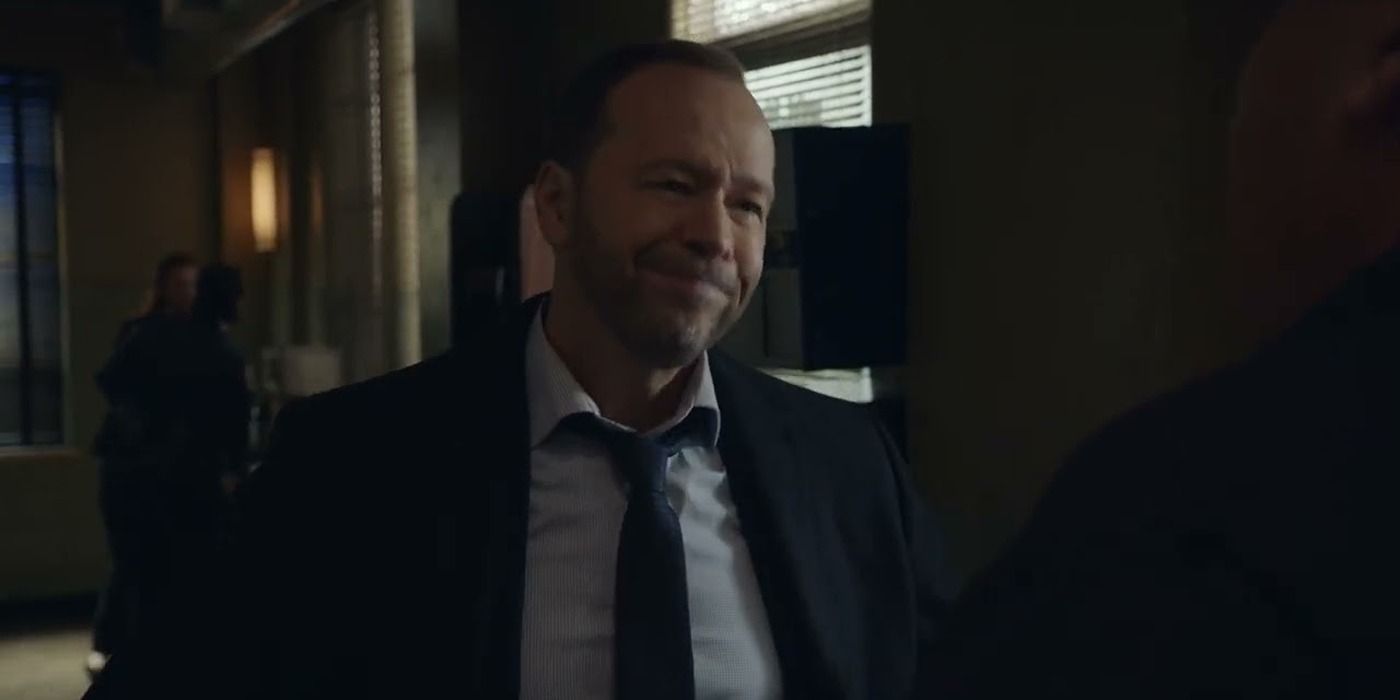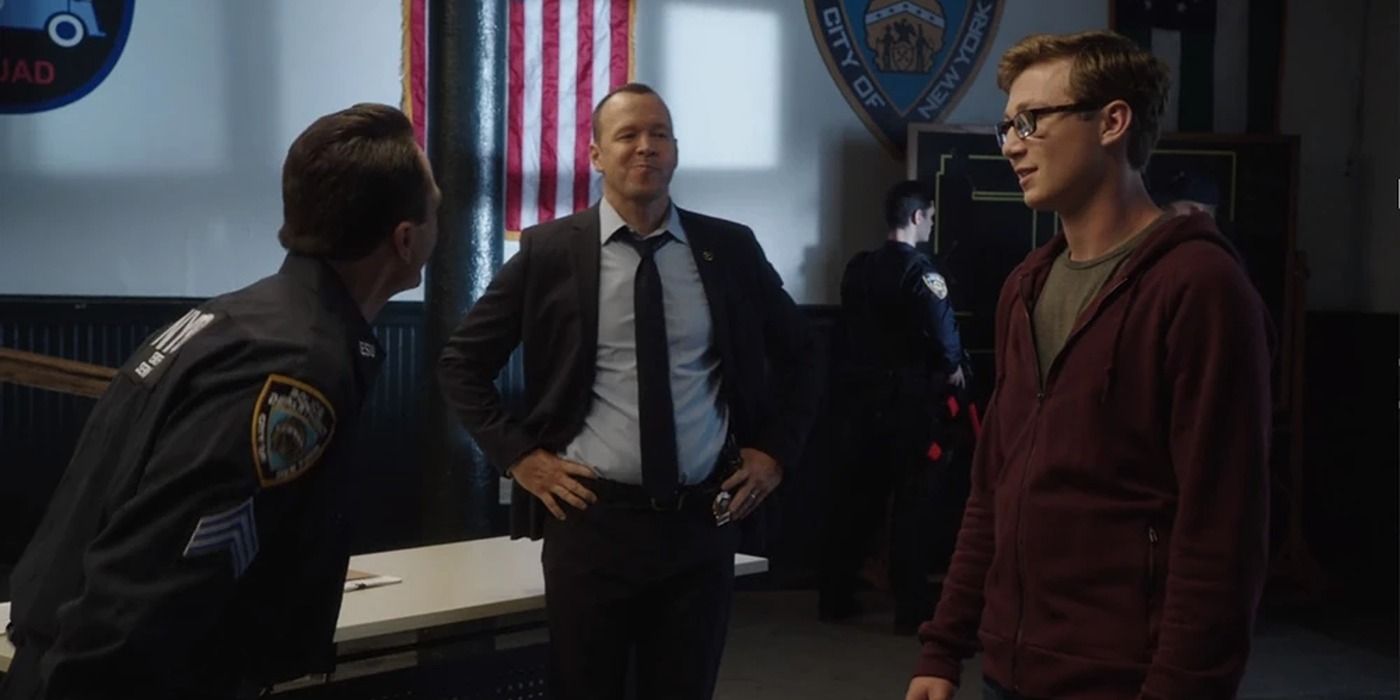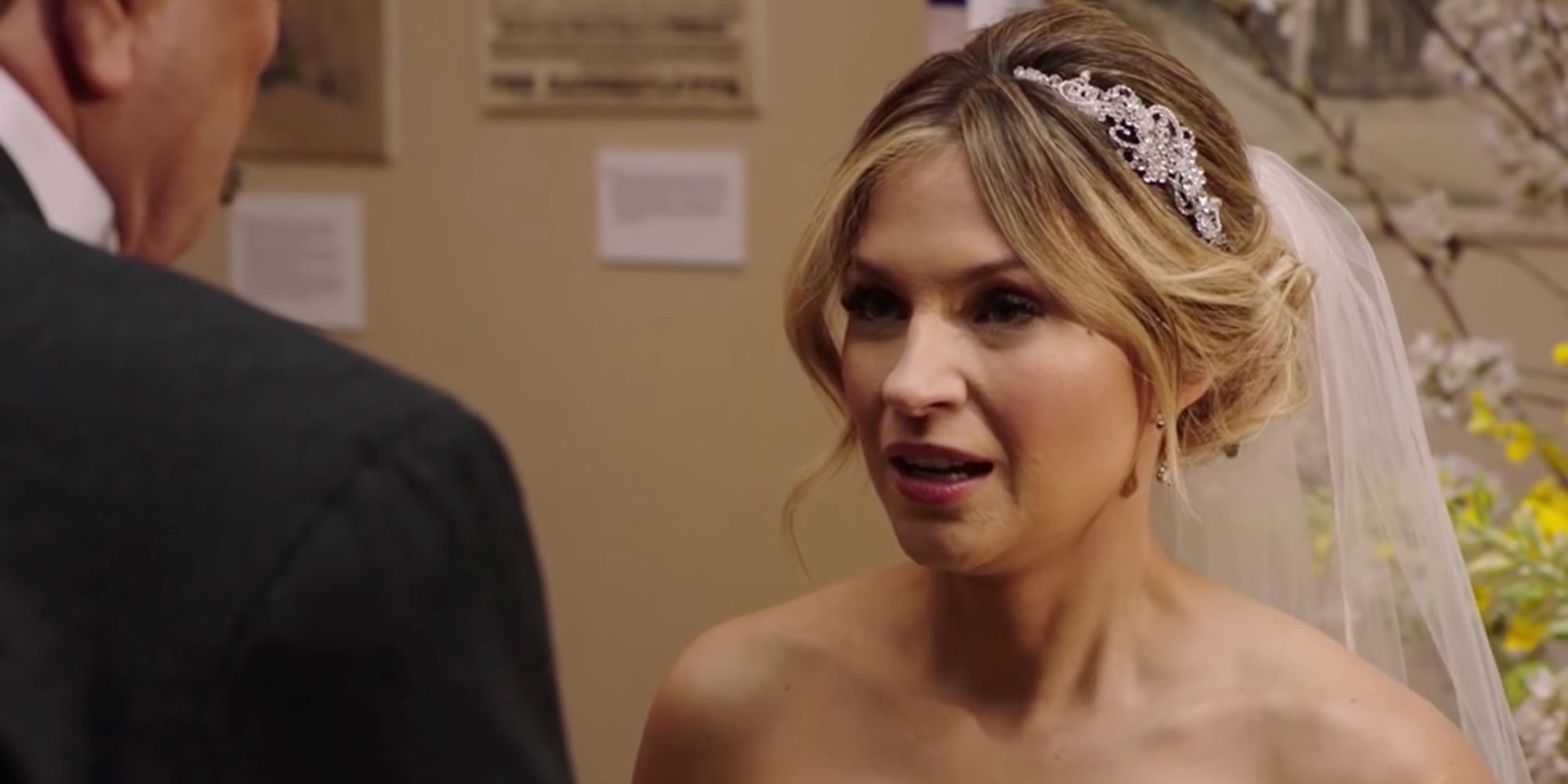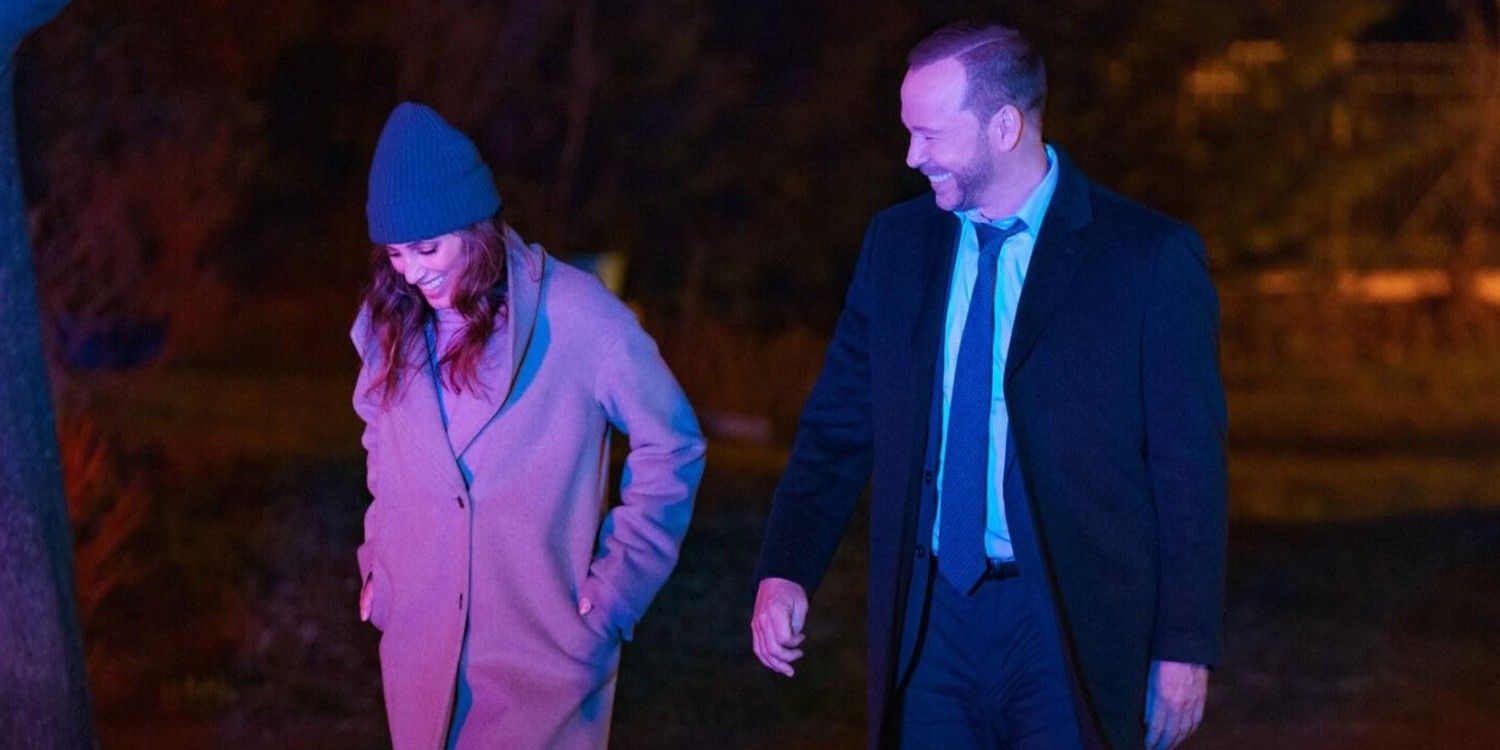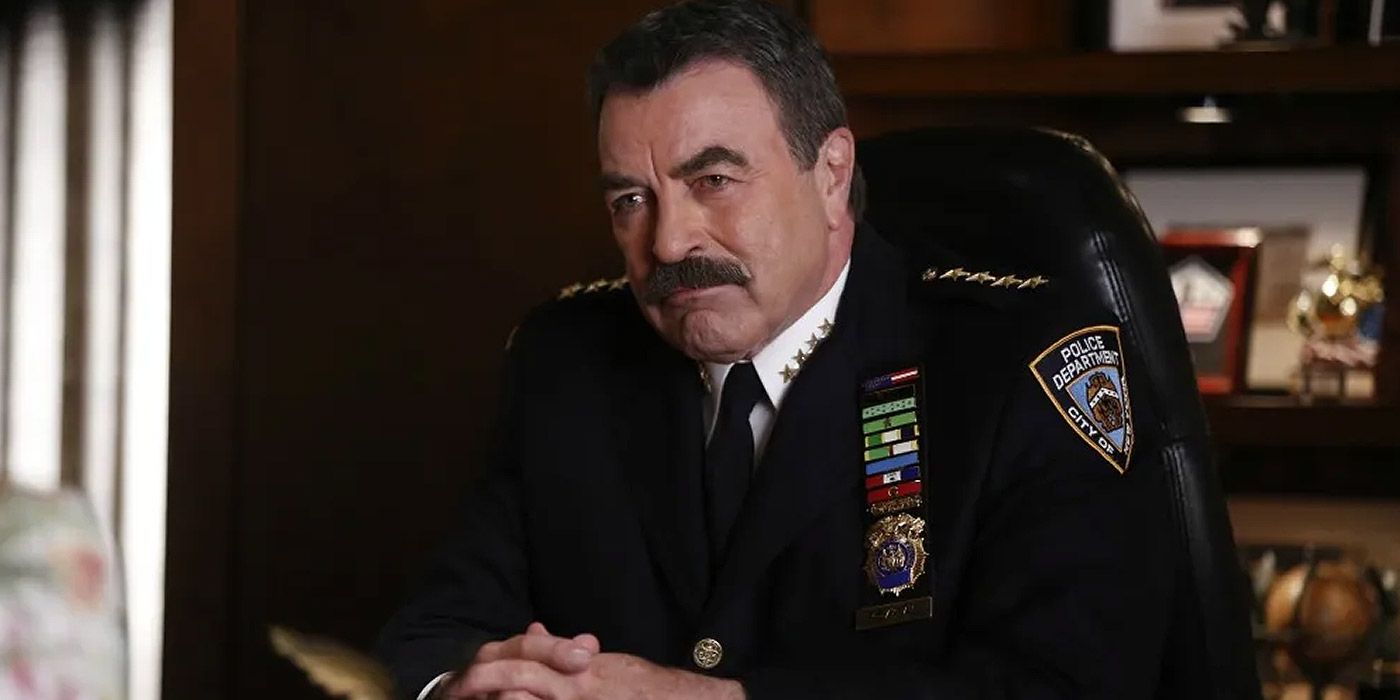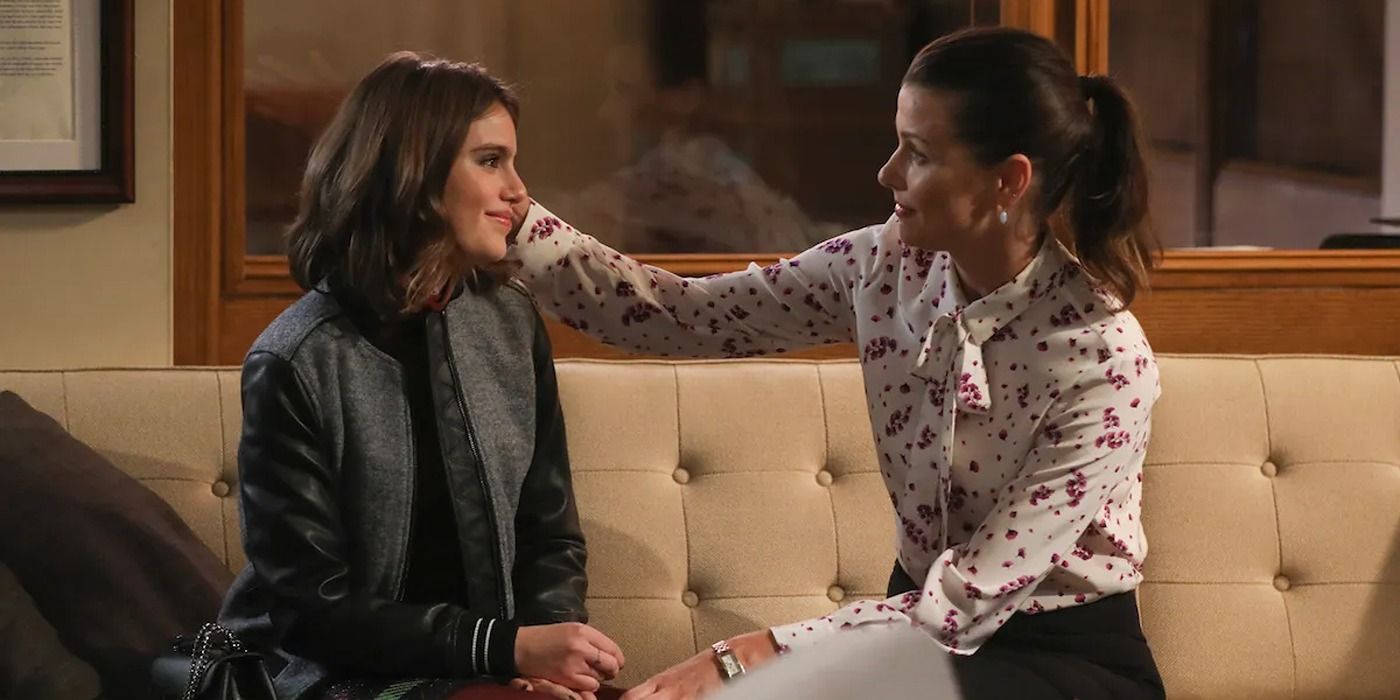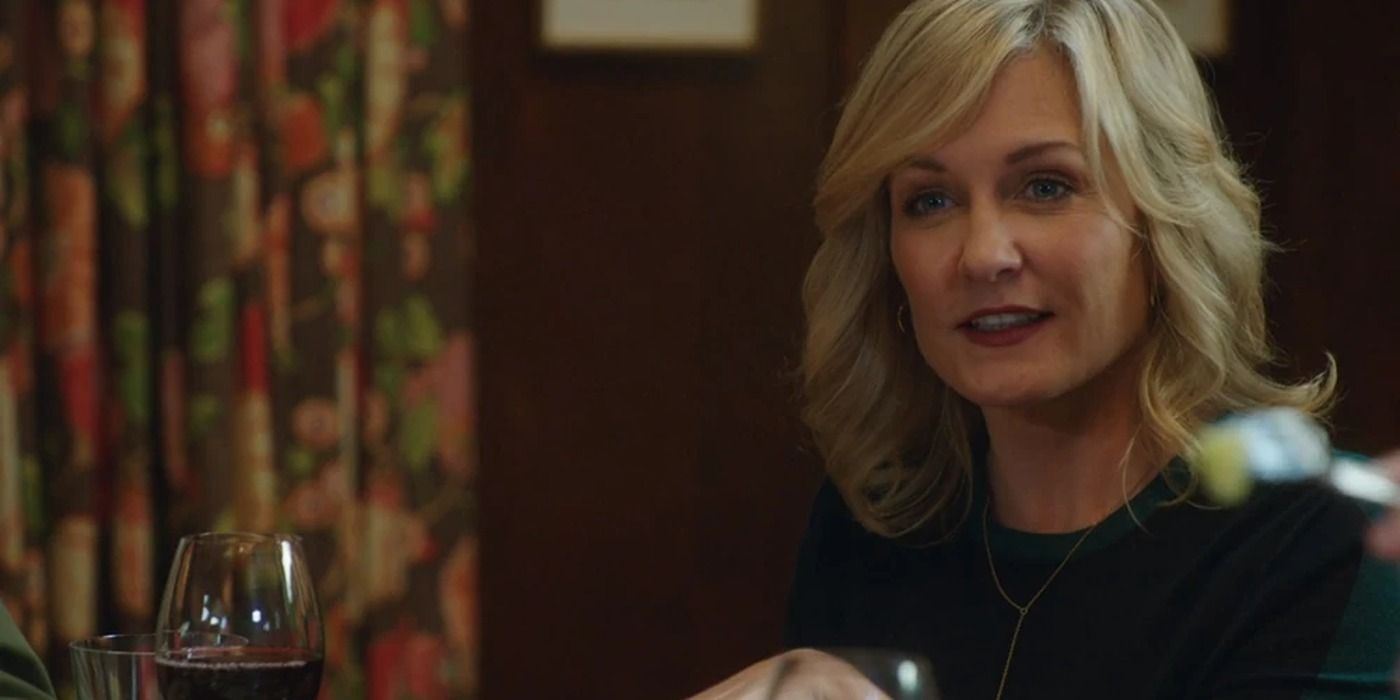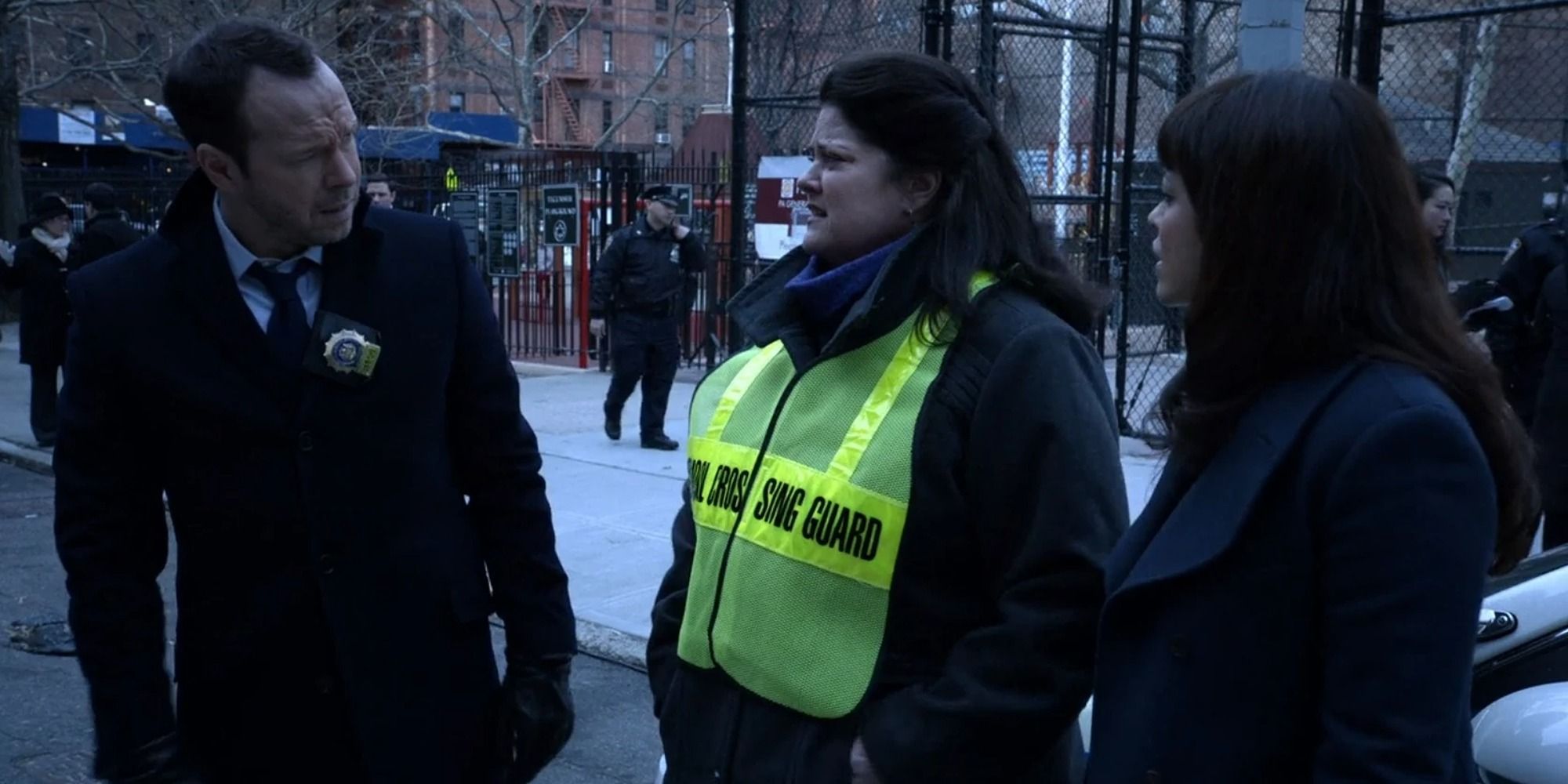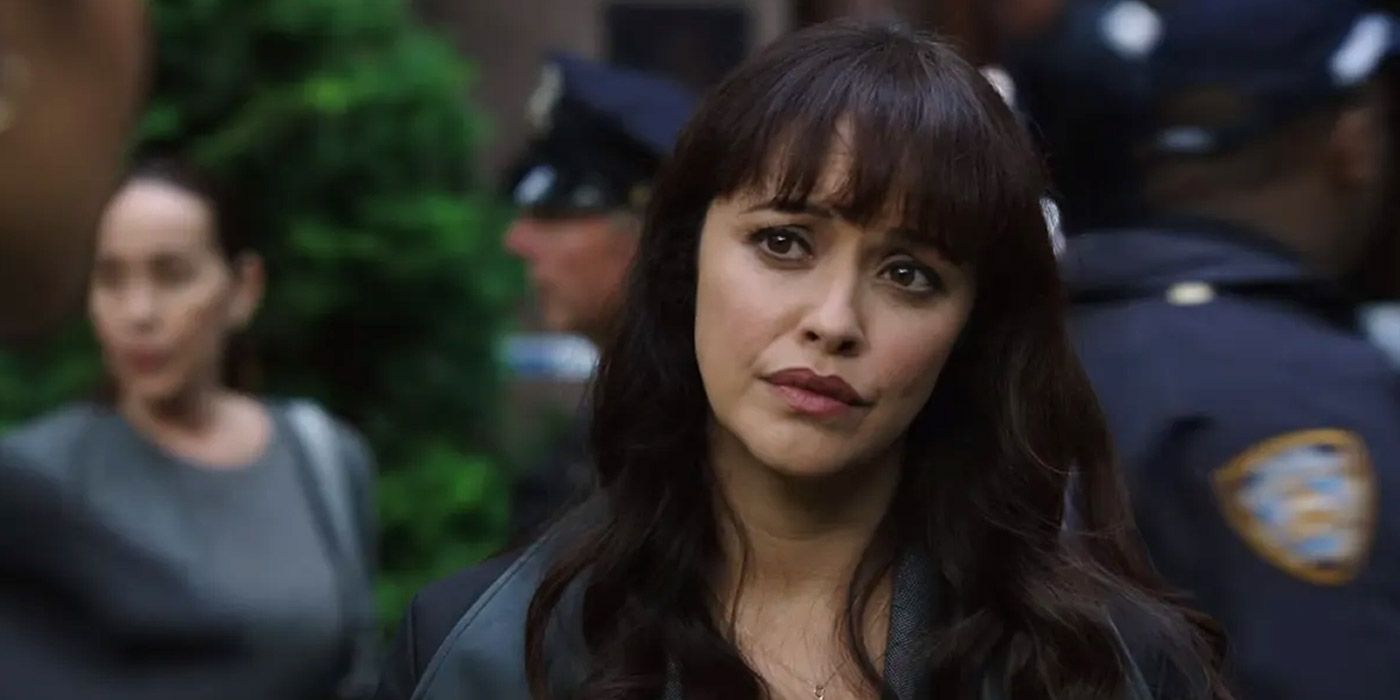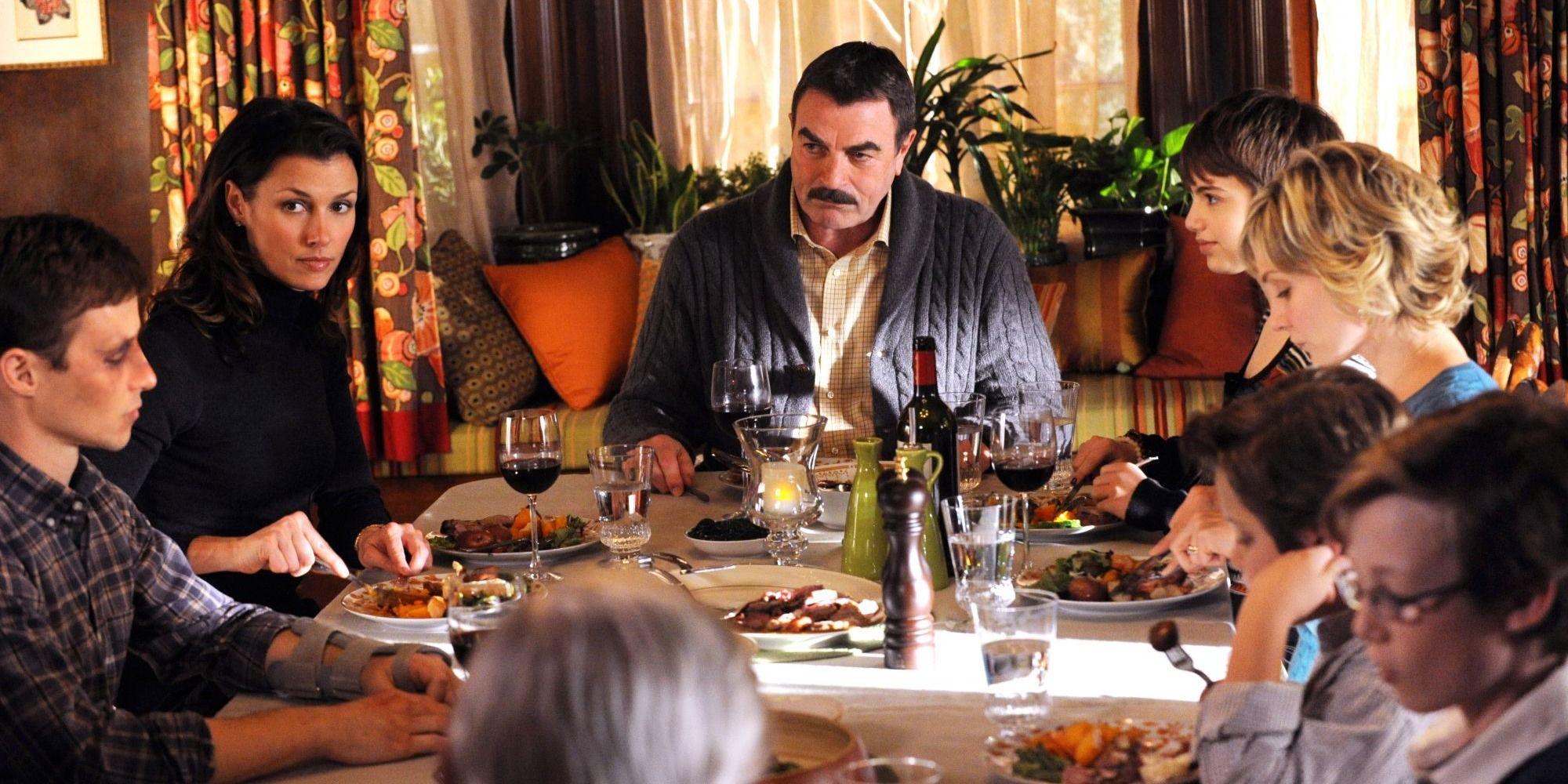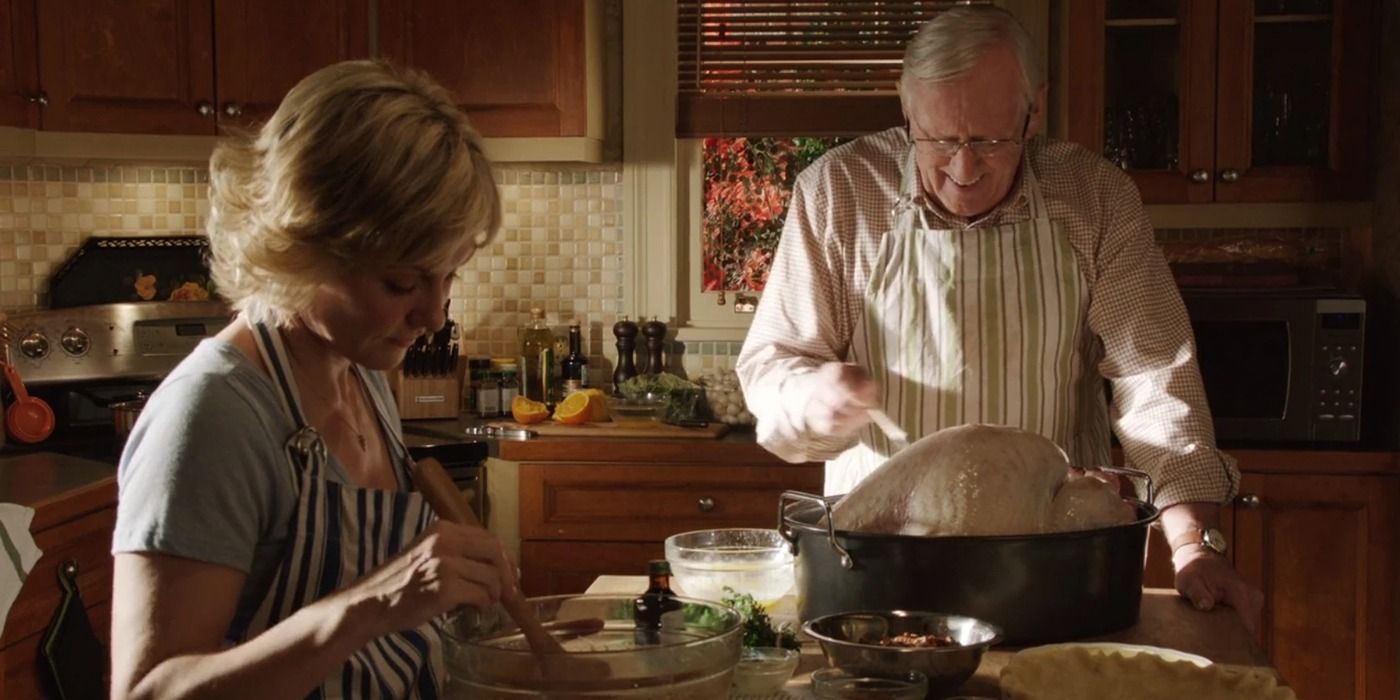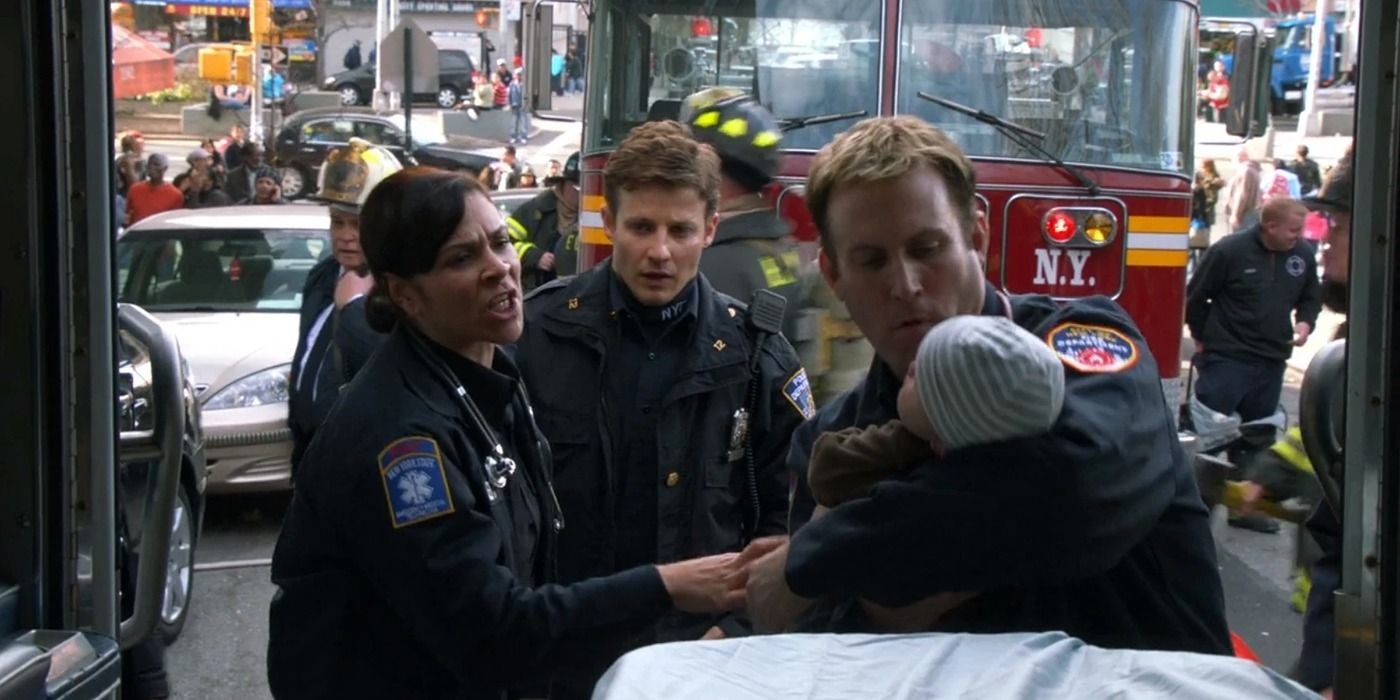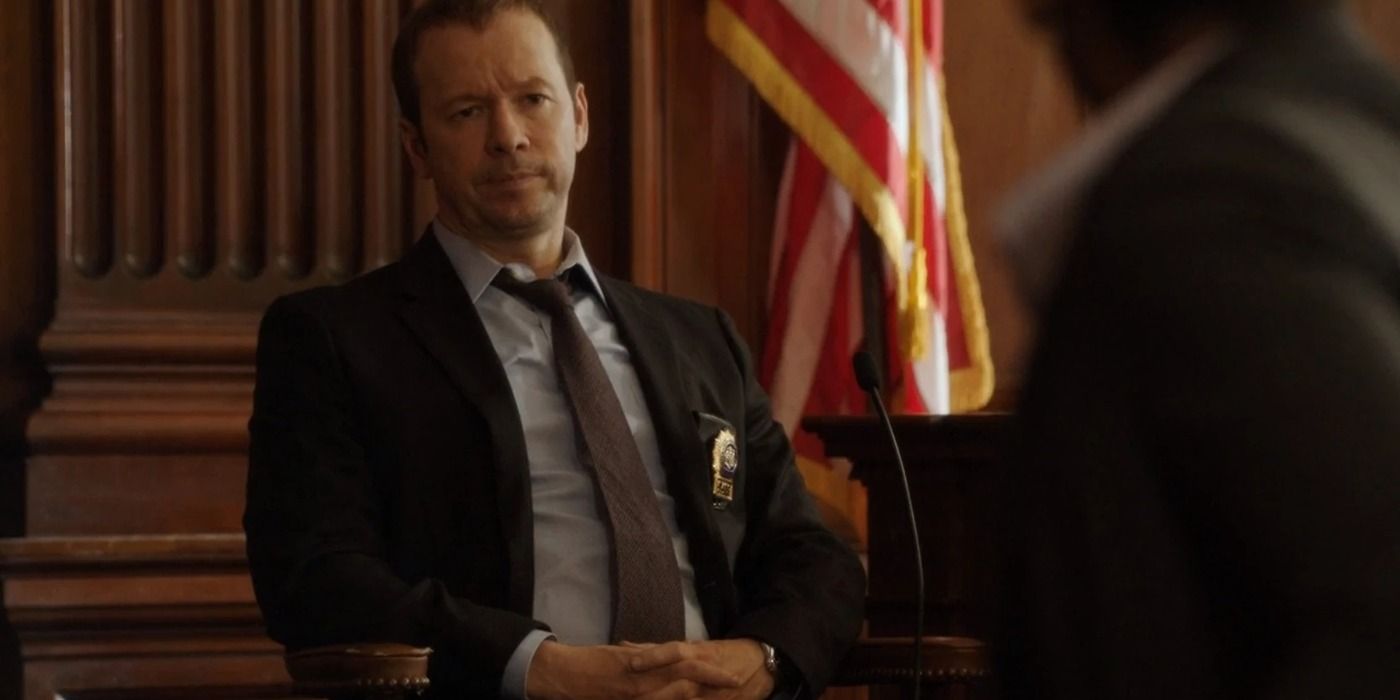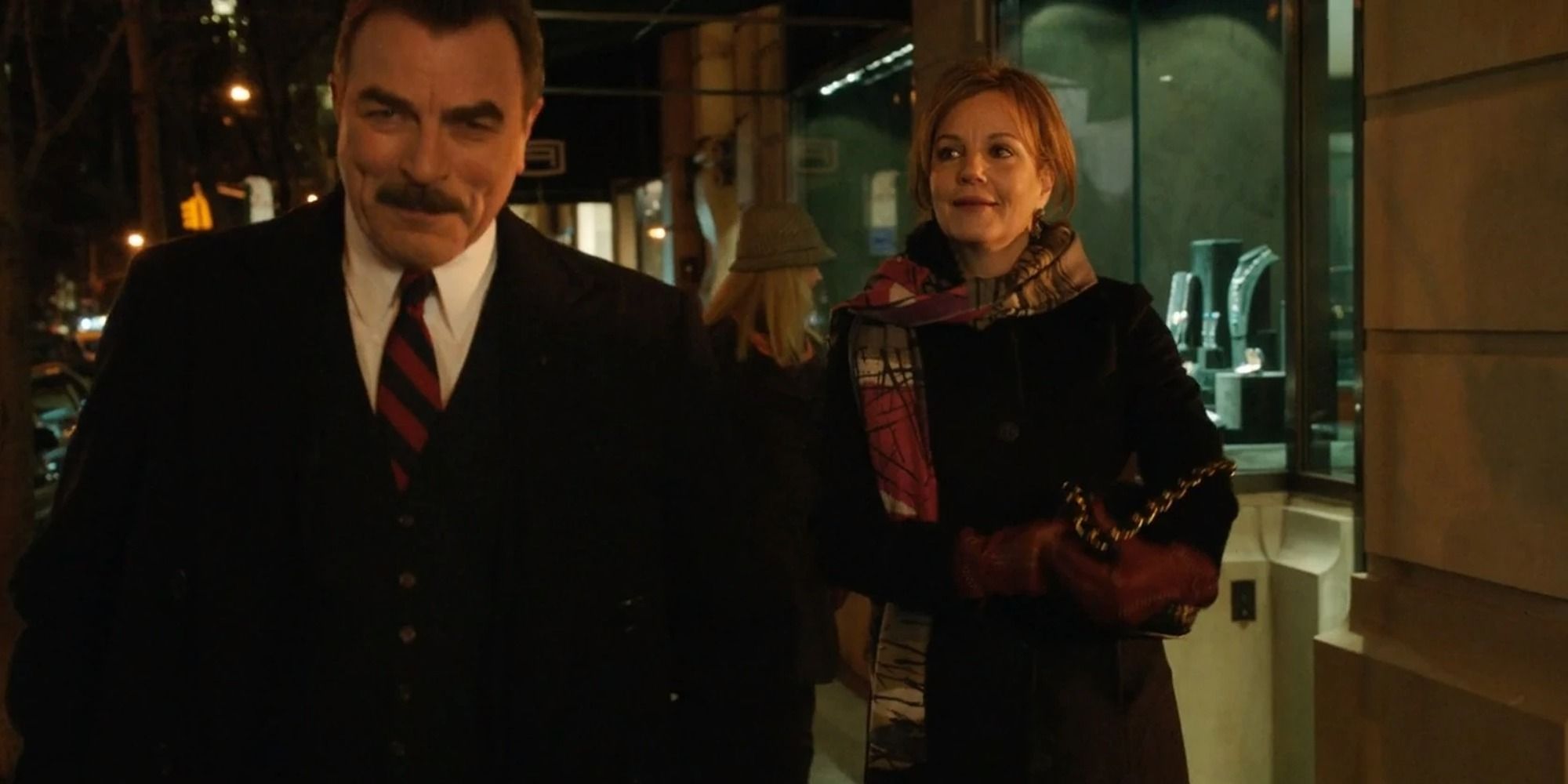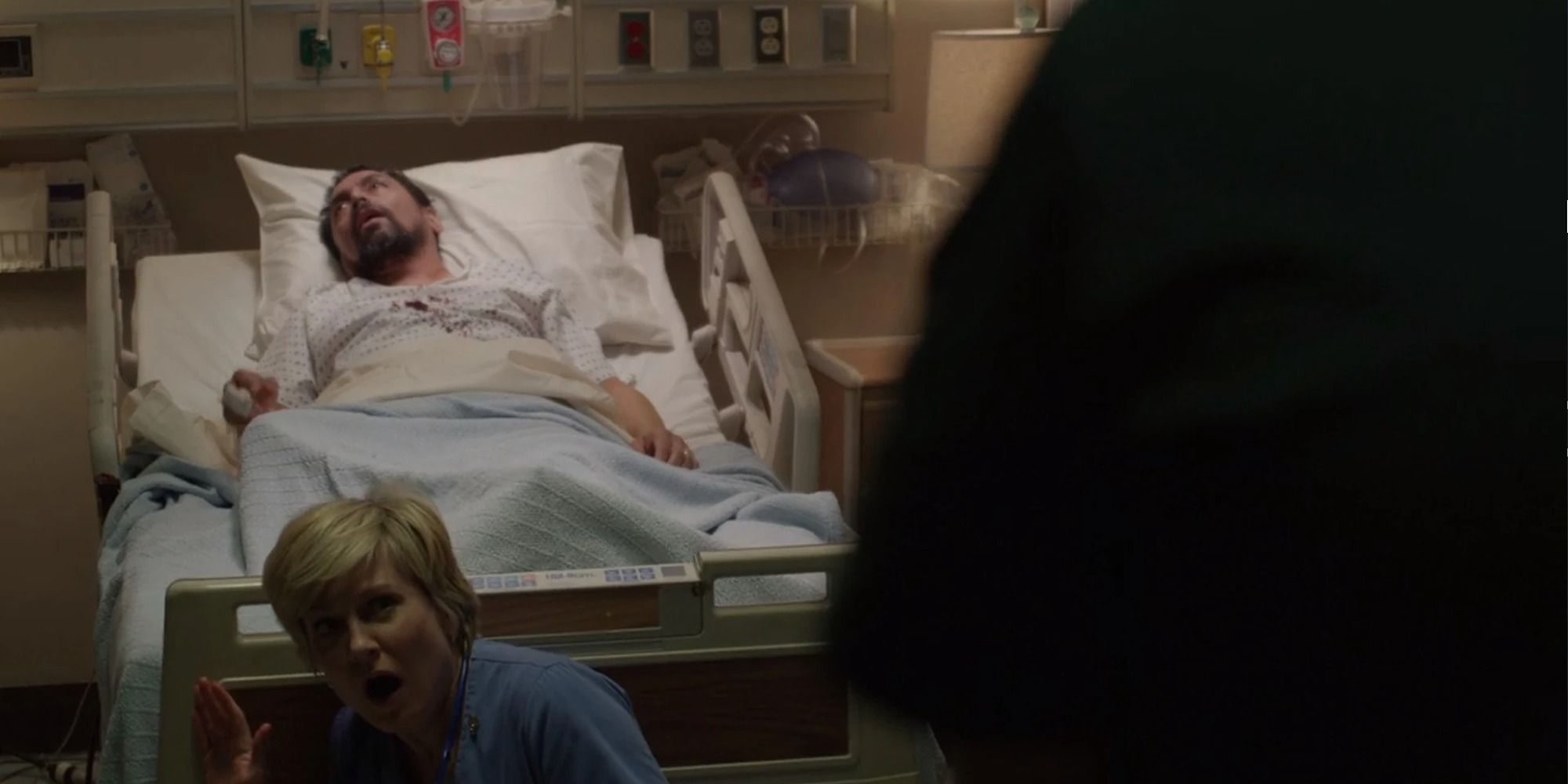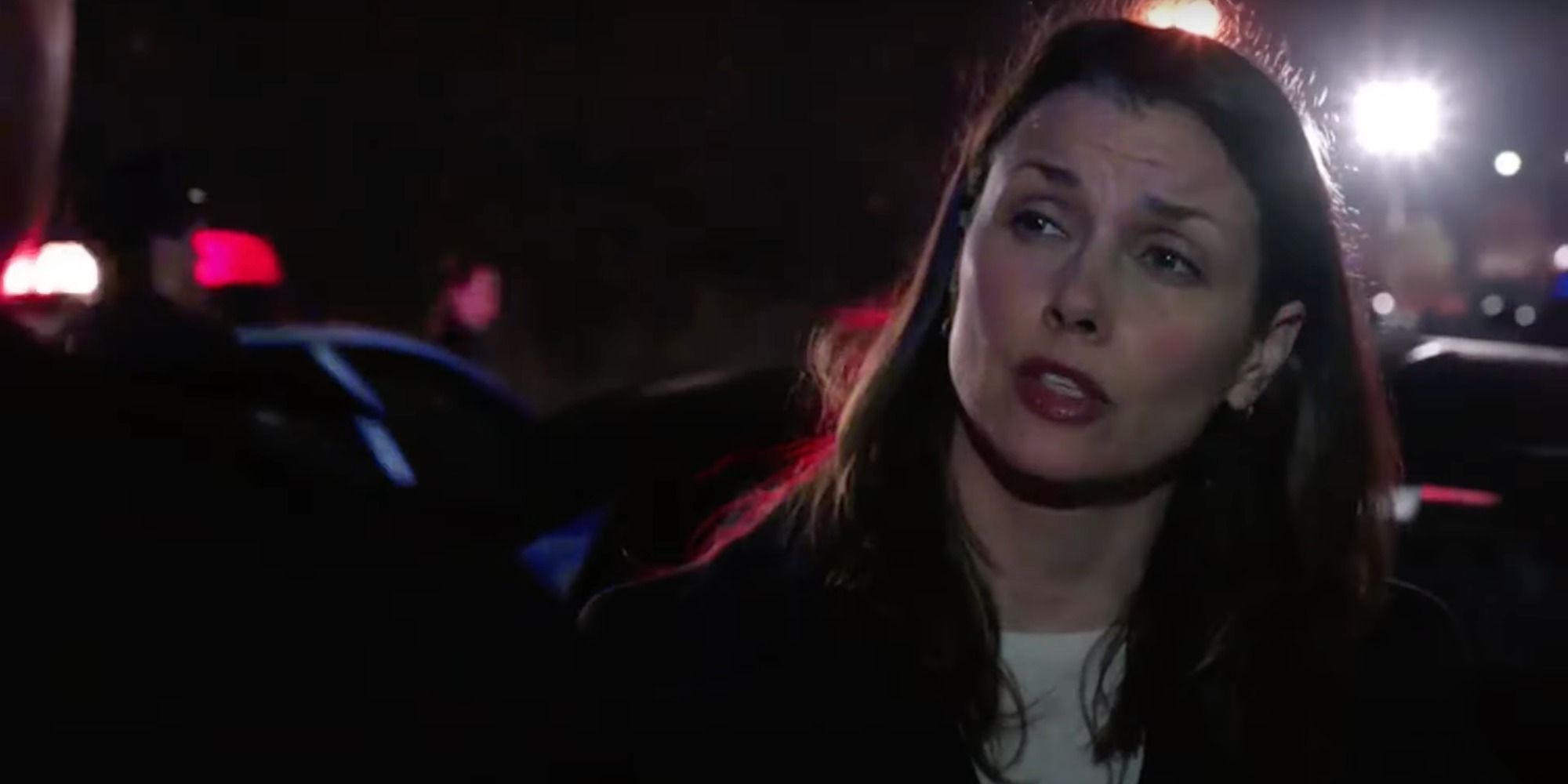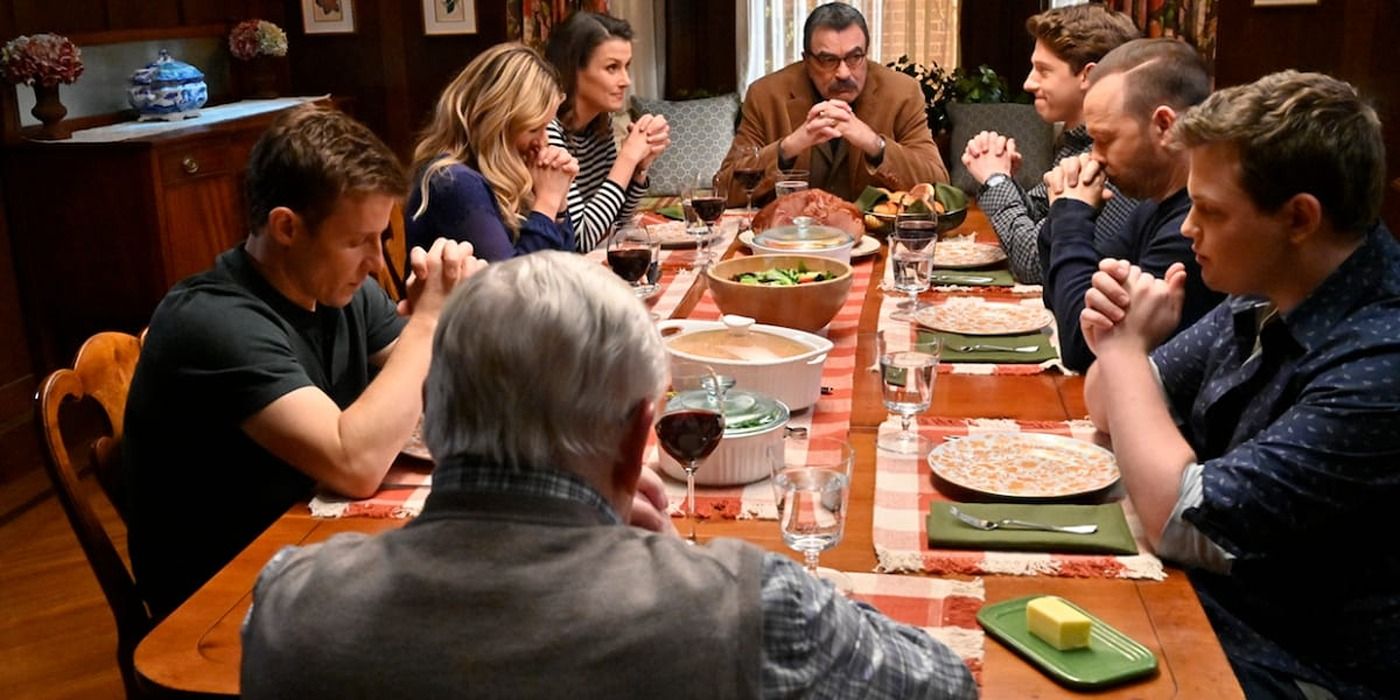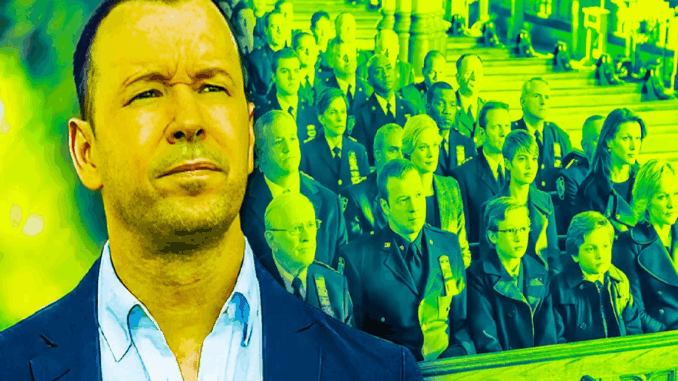
Blue Bloods is ending after 14 seasons, so audiences can expect more drama from the Reagan family before the show ends officially. With more Reagan family dinners to come, audiences have a lot to look forward to. There hopefully will be plenty of room for finishing up story arcs and giving well-loved characters the ending they deserve. Here are the Blue Bloods seasons ranked worst to best.
13. Season 12
Danny gets targeted again
12. Season 7
Religion and social issues as Danny takes the stand
Religious and social issues have long been a part of police shows and, if delivered correctly, it can have a great impact on audiences. Season 7 of Blue Bloods showed how the police could have dealt with social issues, but instead, the season falls flat and is less than memorable with overused plot devices. Other than Danny having to testify in court over his involvement in a shooting, the season held no surprises or shocking drama that hadn’t been done before. Overall, it is a tame and safe season, which left audiences deeming season 7 to be disappointing and ordinary.
11. Season 9
Eddie and Jamie finally get married
10. Season 13
Blue Bloods turns political
The latest season of Blue Bloods focused primarily on politics and Erin’s run for District Attorney, which left the stuff that audiences liked in the earlier seasons in the dust. While the season was made post-COVID, politics have made an impact on the show this season and the creative decisions behind the plotlines. Erin’s run for District Attorney eventually ends with her deciding not to run anymore, which makes the storyline pointless and completely disregards everything that Erin has worked for.
9. Season 11
Frank (almost) loses his job again
8. Season 10
Nicky grows up and moves out
As the Reagan family aged during the show, season 10 put that into perspective. Nicky Reagan was a child when the show began in 2010 and seeing her take on an adult role showed how much she had grown up in season 10. The season also introduces new challenges for old-school Frank as he adjusts to being a commissioner in the 21st century, with issues ranging from police brutality to sexual assault. While the season focuses heavily on issues that current cops deal with, it gives it a realness that can be relatable to the audience.
7. Season 8
Coping with losing Linda
6. Season 4
Plenty of excitement and new cases
Season 4 has plenty of excitement under its belt with lots of new cases, murders, and family drama to even things out. From Jamie being assigned a new partner in season 4, episode 1, “Unwritten Rules” to Frank going up against a judge’s ruling, there is no rest for the Reagans as they continue to solve crime and deal with family issues. Season 4 is one of the best seasons and brings to light the idea of separating work life and family life, making it one of the stronger seasons of the show.
5. Season 3
Detective Baez becomes Danny’s partner
4. Season 2
Family drama
While season 1 focused on meeting the Reagan family, season 2 delved more deeply into the family dynamic and the perks of being a police officer. From Henry Reagan having a heart attack before Thanksgiving to Jamie being put under house arrest by his father, there is no shortage of family drama for the Reagans. Season 2 shows that even if you are part of a family that has connections to law enforcement, there should be no special treatment. This made season 2 very strong and, once again, relatable to anyone who has generations of family in law enforcement.
3. Season 5
The family is in danger
2. Season 6
Erin’s life as a single parent
Being a single parent can be challenging, which is what season 6 focuses on. With plenty of new cases, drama, and family dinners, season 6 of Blue Bloods focuses on Erin’s role as a single parent raising her rebellious teenage daughter Nicky. Erin’s career as an attorney has seen her in tough spots before, but when Nicky is kidnapped and held hostage by a serial killer, she and the rest of the family go to great lengths to find her. Season 6 also showed Erin’s vulnerable side, giving the season a humanized edge and a relatable one for anyone who might be raising a teenager as a single parent.
